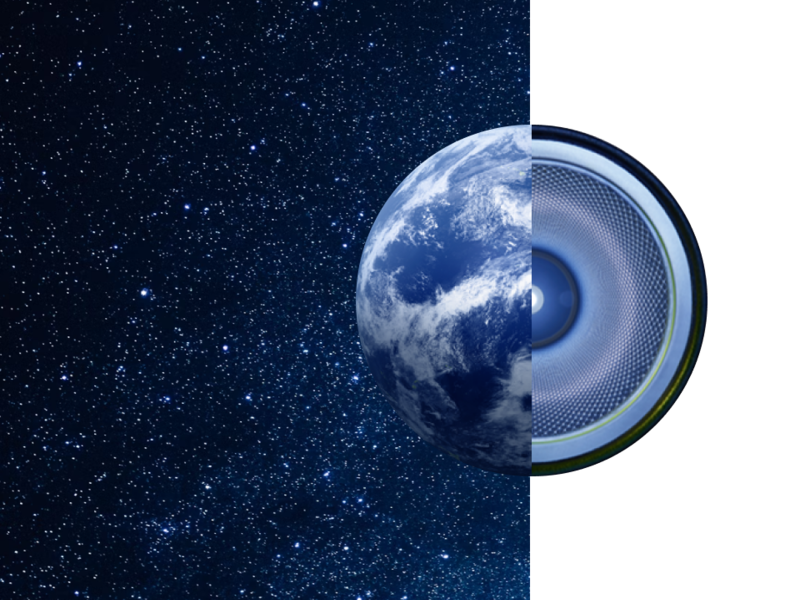Although particulate matter pollution has been significantly reduced by the current emission regulations for passenger cars and light commercial vehicles (Euro 6) as well as trucks and buses (Euro VI), it is still far too high (measured against the recommendations of the World Health Organization WHO).
Brakes are responsible for around 20 percent of a vehicle's particulate emissions. Together with tire and road abrasion, two thirds of particulate matter is emitted by the brakes. On the initiative of the European Union, a new Euro 7 vehicle standard is therefore being proposed, which for the first time contains additional limit values for particulate emissions from brakes and tires.
The new regulations are to be fuel- and technology-neutral and will be relevant for all vehicles, regardless of whether the vehicle uses petrol, diesel, electric drive or alternative fuels. The vehicle standard is expected to be adopted in the course of next year.
Filter systems on brakes can reduce particulate emissions: Hengst has developed an economical system that delivers very good filtration efficiency for particulate matter in the PM10 and PM2.5 fractions.
The passive system is characterized by its scalability and is therefore easy to integrate into existing installation spaces. The brake dust Particle filter from Hengst contains two filter inserts with a metal fiber fleece and is mounted directly on the brake caliper to capture the particulate emissions.

Benefits
Brake dust particle filter – Your customer benefits at a glance:
Economical & energy-efficient passive filter system with good performance values
Minimizes brake dust emissions directly at the brake disc
Faster and more environmentally friendly service possible
Simple retrofitting in existing installation spaces possible

